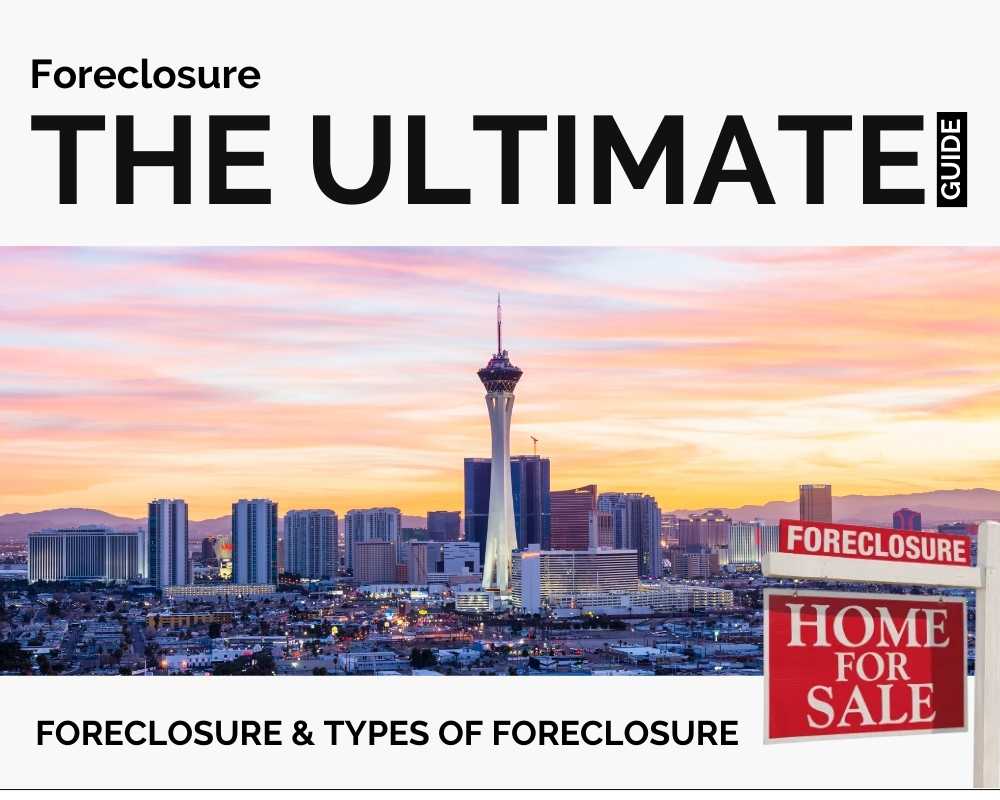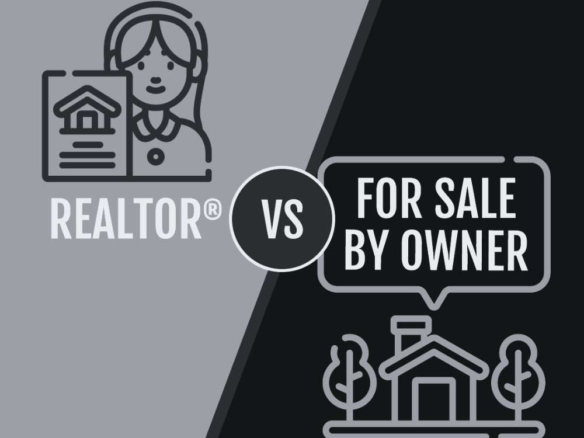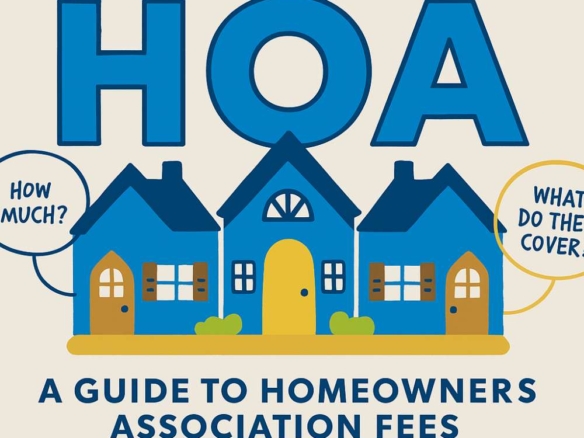Purchasing a house is a major achievement, however, the stresses that occur in life may keep some people unable to meet the mortgage obligations such as loss of job, medical bills or a sudden dire need in life. Under a condition where the payments are defaulted over a long time, the lender is at a legal position to repossess that property in a process called foreclosure.
It is important to learn what foreclosure implies and the types of foreclosure process in the context of making informed choices and even avoiding the loss of a home altogether in certain circumstances as it would assist both a homeowner and a buyer.
What does it mean by Foreclosure?
Foreclosure is the legal action through which a lender is able to gain possession of a property when the house owner defaults on mortgage. The loan is sold by the lender then, usually at an auction, taking back the balance of what was loaned.
Although foreclosure is usually the last option available to the lenders, it has disastrous effects on the borrowers such as impairment of credit rating and the possibility of losing equity that they have acquired in the house.
Explore Foreclosure Homes in Las Vegas Communities
Types of Foreclosure
Foreclosure may take many forms, but the form applied to it usually varies with the state regulation and the type of mortgage signed. The most typical are the following:
1. Judicial Foreclosure
In judicial foreclosure, the lending party has to file the suit in court. A notice is served to the homeowner and has a chance to react to it or even challenge the foreclosure. In the event that the court decides to give the lender any verdict, the property would be sold by way of public auction. In states where there is a need to have a court monitoring to have transparency, judicial foreclosures are popular.
2. Non-Judicial Foreclosure
Non-judicial foreclosure is not court based. Rather, it is determined according to a certain procedure that is spelt out in the mortgage or the deed of trust. The lender gives notices to the home owner and also forges ahead to sell after a legally required period. This can usually be done quicker and cheaper than foreclosure by the courts and may afford the owner less time to contest proceedings.
3. Strict Foreclosure (Not as common)
Strict foreclosure occurs when the lender sues him; and in case the homeowner fails to settle the mortgage within a specified time under the court decision, the property is obtained by the lender without an auction being conducted. It is a rare type and permitted only in a number of states.
4. Deed in lieu of Foreclosure (Alternative)
A deed in lieu is not a foreclosure but it is however a voluntary sale of a property to a lender in order to save foreclosure processes. This alternative usually does not result in a hard hit to credit like full foreclosure.
Why Understanding Foreclosure Matters
Learning about foreclosure and its variations enables the homeowners to seek to resolve the challenge early, such as through refinancing, modification of loans, or negotiating the repayment plans with their lenders. On the part of the buyers, familiarity with foreclosure can assist them in going through the foreclosure sales and foreclosure auctions, where properties are usually sold below the current prices.
Final Thoughts
Foreclosing is a grave procedure with a lasting impact and learning how it takes place and the variety of foreclosures offers both a buyer and a house owner clarity. A person in an economic crisis, and one who is contemplating investing in a foreclosed home, comedy is the most useful resource that gives sound judgment and guarantees investments that are safe in the future.
Richard Slezak, Las Vegas Realtor®

Agent License: S.0201790
Call: (702) 688-3508
MAIL: richardslezak@gmail.com
Address: 2298 W Horizon Ridge Pkwy #114, Henderson, NV 89052, USA





Join The Discussion